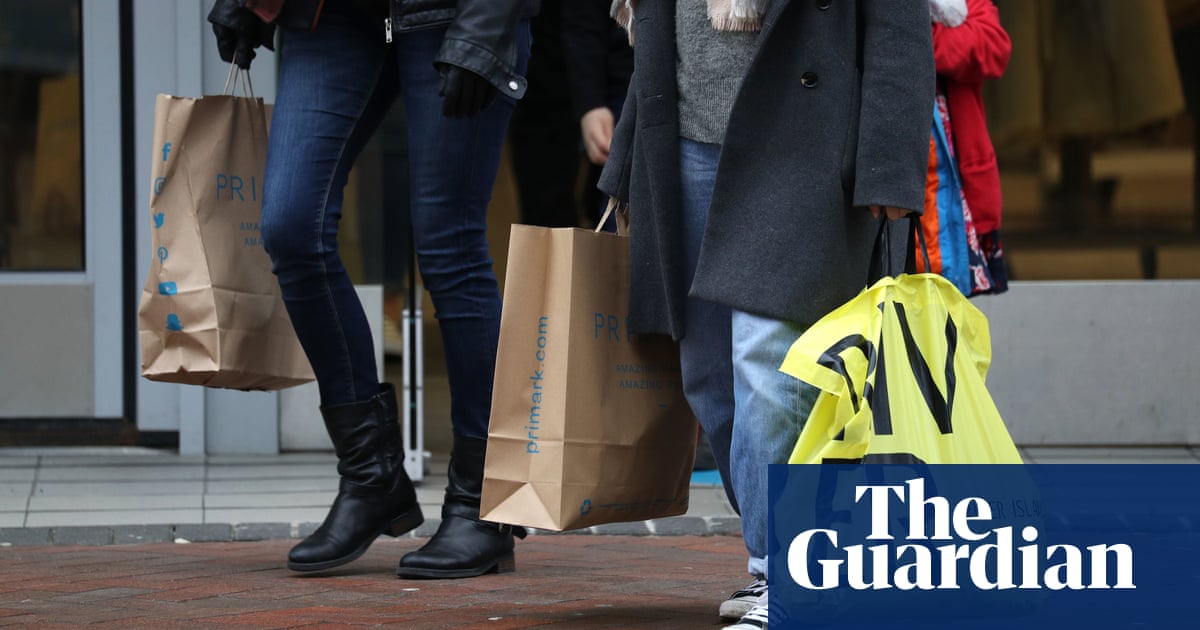
Donald Trump’s attention turns to Eastern Europe on Tuesday when he meets Polish President Andrzej Duda. However, it is was his landmark trip to Western Europe last week, configured around the 75th anniversary of D-Day, that set the recent international political agenda.
The highlight of the US president’s visit — last Thursday’s Normandy anniversary ceremony aside — was a three-day trip to the UK at the beginning of a transition of power in Britain in which kindred spirit Boris Johnson could soon become prime minister.
Despite significant public protests, Trump’s tour was not the diplomatic disaster of last year, and both governments hope it may breathe new life into the “special relationship” after his tricky ties with Theresa May, who resigned on Friday as leader of the UK’s governing Conservative Party.
May was the first world leader to meet Trump in 2017 after he was sworn into office. At that time, Trump called her “my Maggie,” drawing comparisons with the intense political bond forged between Ronald Reagan and Margaret Thatcher.
Nevertheless, Trump and May have significant differences of political and personal approach, much larger than those between Reagan and Thatcher.
While both leaders made efforts to seek a constructive partnership building on the traditional ties between the two nations founded on demographics, religion, culture, law, politics and economics, this ultimately fell flat and Trump spent more energy last week engaging May’s potential successors — especially Johnson, who he effectively endorsed in just one of several breaches of diplomatic protocol.
Given Trump’s love of pomp and circumstance, the UK launched a charm offensive with the government and royal family, building on the events of last year when he visited Blenheim Palace (Winston Churchill’s birthplace), Chequers (the countryside home of the UK prime minister) and Windsor Castle, where he saw Queen Elizabeth.
The president, whose mother was born in Scotland, appears to value the close historical ties between the two nations, and appeared to especially enjoy seeing the queen again, and other royal family members.
It is clear that Trump sees a post-Brexit US-UK trade deal as the cornerstone of a renewed “special relationship,” and this could also be a boon for him personally, since he is criticized in many quarters as being an anti-globalization, protectionist president.
From the standpoint of Brexiteers, too — including Johnson, who is the current favorite to replace May — this would also represent a win in their own battle to show that the nation can swiftly secure trade deals with key non-European partners.
It is clear that Trump sees a post-Brexit US-UK trade deal as the cornerstone of a renewed “special relationship,” and this could also be a boon for him personally, since he is criticized in many quarters as being an anti-globalization, protectionist president.
Andrew Hammond
There are key areas ripe for agreement here, including lowering or eliminating tariffs on goods. Equally, however, potential icebergs lie on the horizon, not least given the president’s “America First” agenda.
Specific areas of likely disagreement on trade include the prospect that harmonizing financial regulations between the two countries, with the international dominance of Wall Street and the City of London, will not necessarily be straightforward.
Meanwhile, securing agreement in other sectors, including agriculture, where there are divergences of views and strong interest groups, will not be easy.
Another key agenda item last week was security and defense, which has long been at the core of the special relationship, as last week’s D-Day anniversary highlighted, given the very close postwar partnership between the two nations. So while this is a terrain in which there will be much agreement, tensions surfaced.
Take the example of Huawei; Trump told UK officials that Washington may limit intelligence sharing if London allows the Chinese technology company to build part of its 5G high speed mobile network given the security concerns he has about them.
This decision, which will be a key one for May’s successor, is a high-stakes diplomatic balancing act for London in the light of its desire to form closer post-Brexit economic ties with Beijing.
While last week’s trip featured many diplomatic gaffes from Trump, including his description of Prince Harry’s wife Meghan Markle as “nasty” (later withdrawn), both sides are relieved it was not the disaster of last year’s trip. Even by his own standards of disruptive diplomacy, that summer 2018 UK tour was almost completely off-message with the US president seemingly undermining May at virtually every turn, including declaring the nation in “turmoil” following several Cabinet resignations in the week in question.
In the future, given the many uncertainties ahead in the Trump presidency, which could extend until 2025, the next UK prime minister is likely to seek to play the role of a trusted, albeit candid, friend in a bid to get close to the president to try to make the relationship work as smoothly as possible.
This may provide some protections for bilateral ties in what could be a rocky few years of international relations to come, even if strong personal chemistry again fails to take root between the two leaders.
However, while this may be a sensible strategy, at least initially, it is not without risk, especially given Trump’s erratic nature and polarized standing in UK opinion.
While seeking the potential upside in the new relationship, May’s successor would be wise not to overestimate the UK’s ability to shape US power, nor be blind to the fact that Trump’s “America First” outlook may ultimately care little for core UK interests, despite his avowed Anglophilia.












